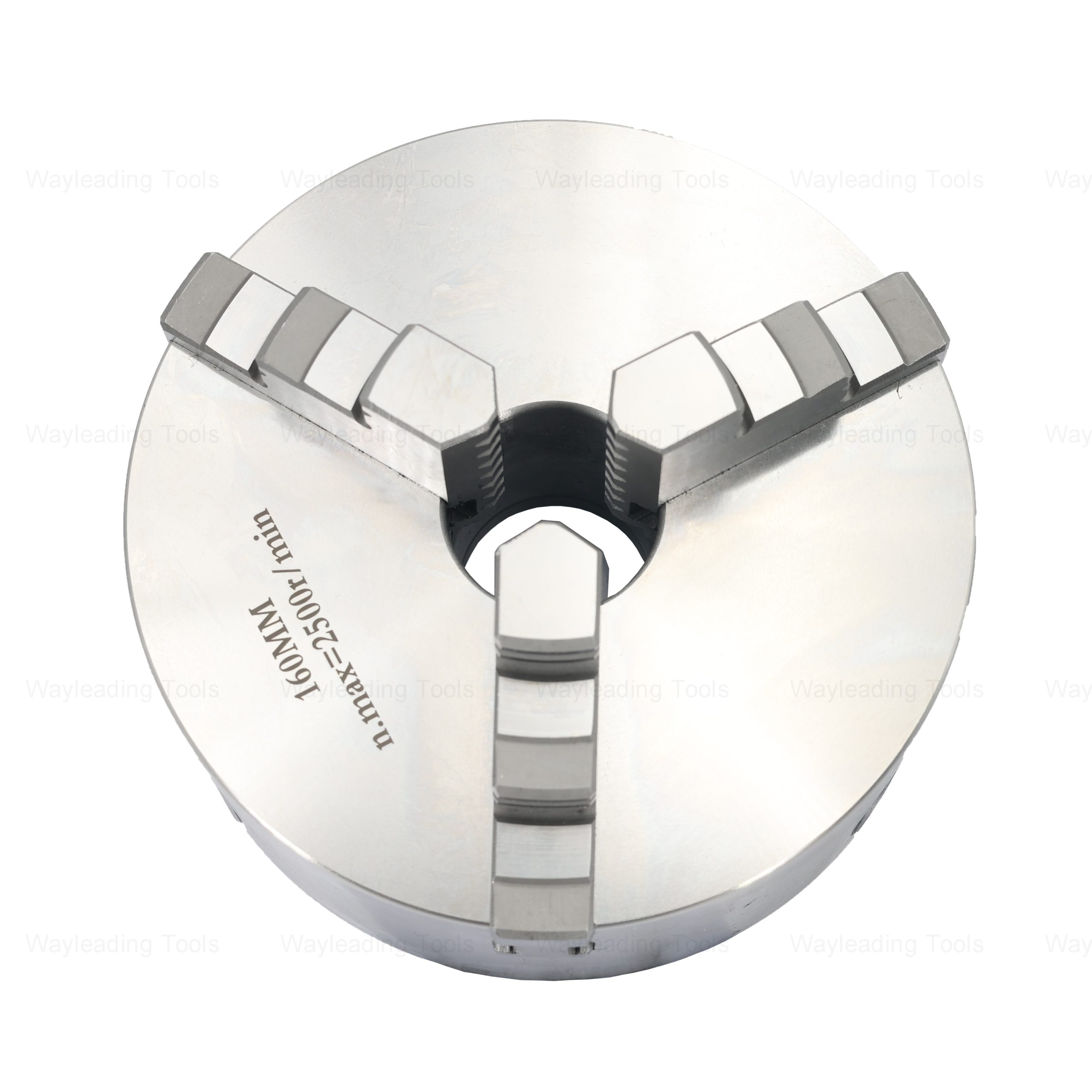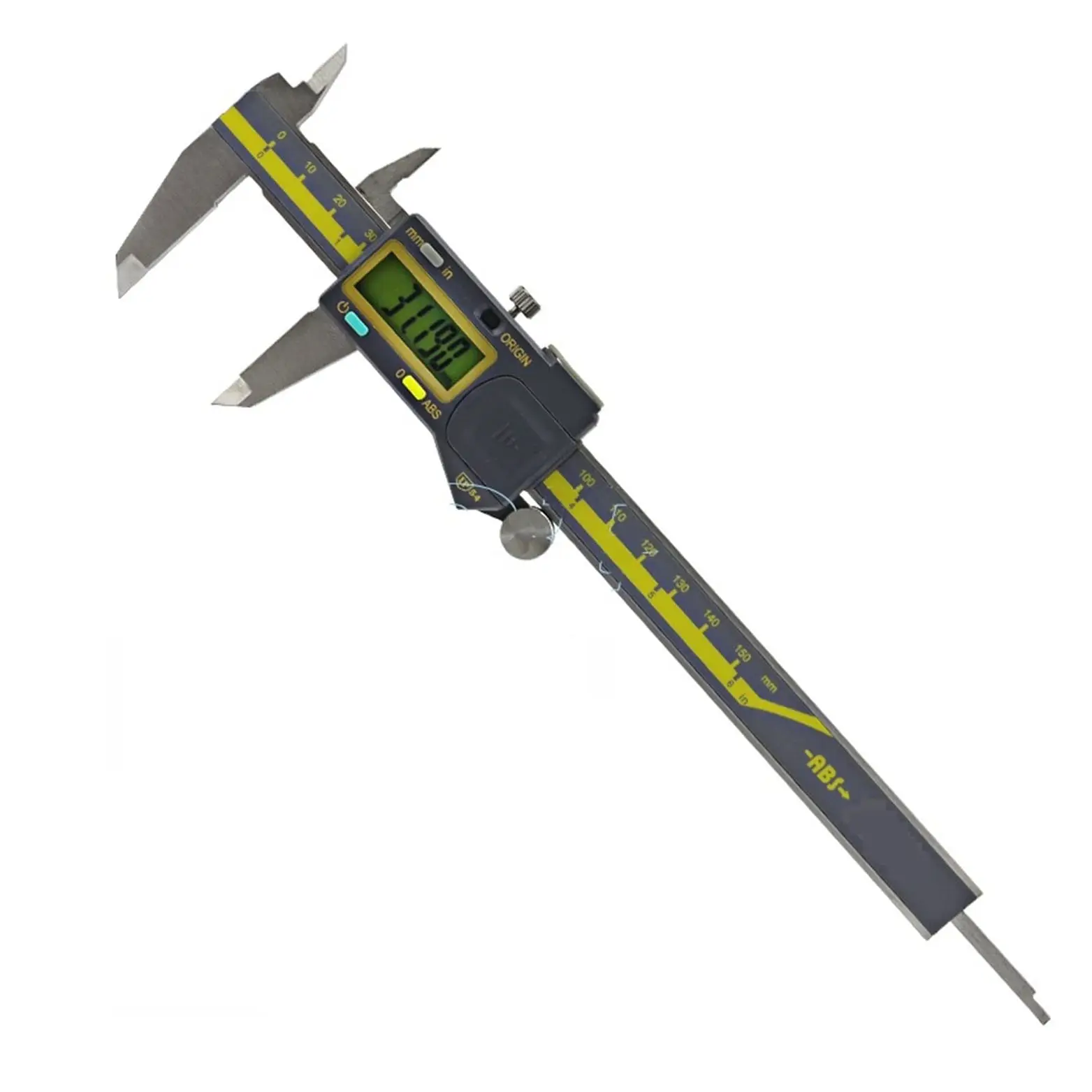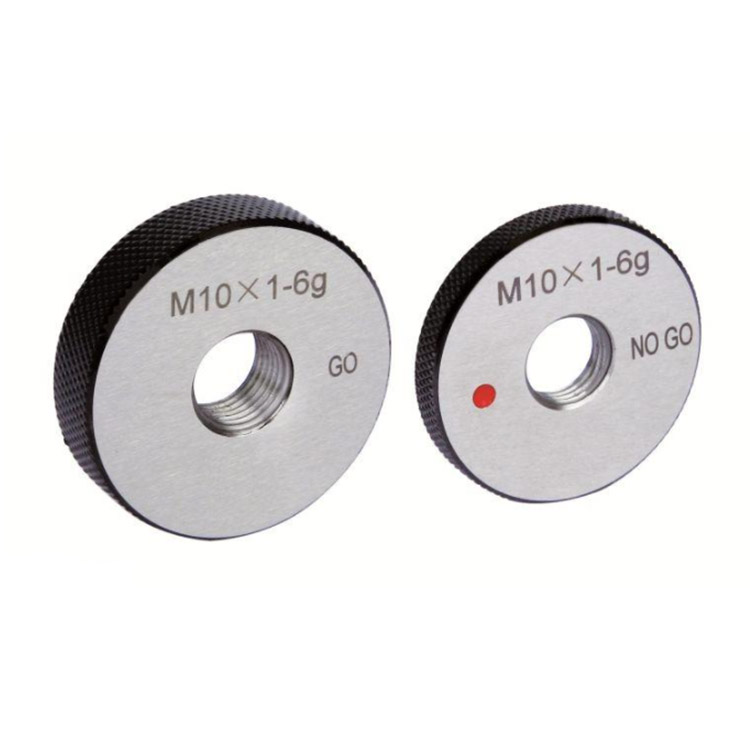milling gear cutter Manufacturer
Finding a reliable milling gear cutter manufacturer is crucial for achieving precision and efficiency in gear production. This guide explores key factors to consider when selecting a manufacturer, different types of gear cutters, and essential considerations for optimal performance and longevity of your tooling.
Understanding Milling Gear Cutters
Milling gear cutters are specialized cutting tools used in milling machines to create gears. Unlike traditional gear hobbing, milling allows for greater flexibility and the ability to produce gears with complex geometries. Selecting the right milling gear cutter manufacturer ensures you receive tools that meet your specific needs and performance requirements.
Types of Milling Gear Cutters
There are various types of milling gear cutters, each designed for specific gear types and milling processes:
- Involute Gear Cutters: These are the most common type, designed to produce gears with an involute tooth profile. They are available in sets, with each cutter suitable for a specific range of tooth numbers.
- Sprocket Cutters: Specifically designed for cutting sprockets for chain drives.
- Spline Cutters: Used for creating splines on shafts or hubs.
- Custom Profile Cutters: For specialized gear designs and unique applications, a milling gear cutter manufacturer can create custom profile cutters.
Choosing the Right Milling Gear Cutter Manufacturer
Selecting the appropriate milling gear cutter manufacturer is essential for achieving desired gear quality, production efficiency, and cost-effectiveness. Here's what to consider:
Material Quality and Manufacturing Processes
The quality of the cutting tool material directly impacts its performance and lifespan. Reputable manufacturers utilize high-speed steel (HSS), powder metallurgy high-speed steel (PM-HSS), or carbide materials. High-quality materials combined with precise manufacturing processes ensure consistent tooth geometry, sharp cutting edges, and resistance to wear. Ask your prospective milling gear cutter manufacturer about their material sourcing and heat treatment processes.
Precision and Accuracy
Gear cutting demands extreme precision. Ensure the manufacturer has advanced CNC grinding machines and inspection equipment to maintain tight tolerances and accurate tooth profiles. Look for manufacturers who provide documentation of their quality control procedures and dimensional accuracy reports. This is where companies like Wayleading Tools stand out.
Customization Capabilities
Many applications require custom gear designs or unique cutter geometries. A milling gear cutter manufacturer offering customization services can tailor tools to your specific requirements, optimizing performance and minimizing material waste. Discuss your specific needs and requirements for specialized gear designs with potential vendors.
Lead Times and Delivery
Consider the manufacturer's lead times and delivery capabilities. A reliable milling gear cutter manufacturer should provide realistic lead times and adhere to delivery schedules, minimizing downtime and production delays. Consider suppliers located closer to your facility to reduce shipping times and costs. Understanding production times from companies like Wayleading Tools before committing to an order is important.
Customer Support and Technical Expertise
Choose a manufacturer that offers excellent customer support and technical expertise. They should be able to provide guidance on cutter selection, optimal cutting parameters, and troubleshooting assistance. Look for manufacturers with experienced engineers and technicians who can answer your technical questions.
Optimizing Milling Gear Cutter Performance
Even the best milling gear cutter will underperform if not used correctly. Here are some tips for optimizing performance:
Proper Machine Setup and Rigidity
Ensure the milling machine is properly aligned and rigid. Excessive vibration or misalignment can lead to inaccurate gear profiles and premature cutter wear. Regularly inspect and maintain your milling machine to ensure optimal performance.
Selecting Appropriate Cutting Parameters
Use appropriate cutting speeds, feed rates, and depth of cut. Consult the manufacturer's recommendations for optimal cutting parameters. Excessive cutting speeds can generate heat and reduce tool life, while inadequate feed rates can lead to poor surface finish. Using the correct parameters helps guarantee the best performance.
Coolant Application
Use a suitable coolant to dissipate heat and lubricate the cutting zone. Coolant application helps to extend tool life, improve surface finish, and prevent chip welding. Ensure the coolant is properly filtered and maintained to prevent contamination.
Regular Inspection and Maintenance
Regularly inspect milling gear cutters for wear and damage. Sharpen or replace cutters as needed to maintain optimal performance. Proper storage and handling can also extend tool life. Regular maintenance extends the product lifespan.
Troubleshooting Common Problems
Even with proper care, issues can arise. Here are some common problems and potential solutions:
Poor Surface Finish
Possible causes include dull cutting edges, excessive cutting speeds, inadequate coolant application, or machine vibration. Sharpen or replace the cutter, adjust cutting parameters, improve coolant application, and address any machine vibration issues.
Premature Tool Wear
Potential causes include excessive cutting speeds, inadequate coolant application, abrasive work materials, or improper cutter material selection. Reduce cutting speeds, improve coolant application, select a more wear-resistant cutter material, or use a harder work material if possible.
Inaccurate Gear Profile
Possible causes include a worn or damaged cutter, machine misalignment, or improper cutting parameters. Replace the cutter, align the machine, and verify cutting parameters. This issue can be easily prevented by choosing the right manufacturer.
Conclusion
Selecting the right milling gear cutter manufacturer is a critical decision that impacts gear quality, production efficiency, and overall cost. By carefully considering the factors outlined in this guide, you can choose a manufacturer that meets your specific needs and helps you achieve optimal results. Understanding the basics and choosing a good partner like Wayleading Tools makes all the difference.
Appendix: Milling Gear Cutter Materials Comparison
| Material | Hardness (HRC) | Wear Resistance | Toughness | Cost | Typical Applications |
|---|---|---|---|---|---|
| High-Speed Steel (HSS) | 62-68 | Good | High | Moderate | General-purpose gear cutting |
| Powder Metallurgy HSS (PM-HSS) | 64-70 | Excellent | Moderate | High | High-performance gear cutting, abrasive materials |
| Carbide | 88-93 | Exceptional | Low | Very High | High-speed gear cutting, hard materials |
Related products
Related products
Best selling products
Best selling products-
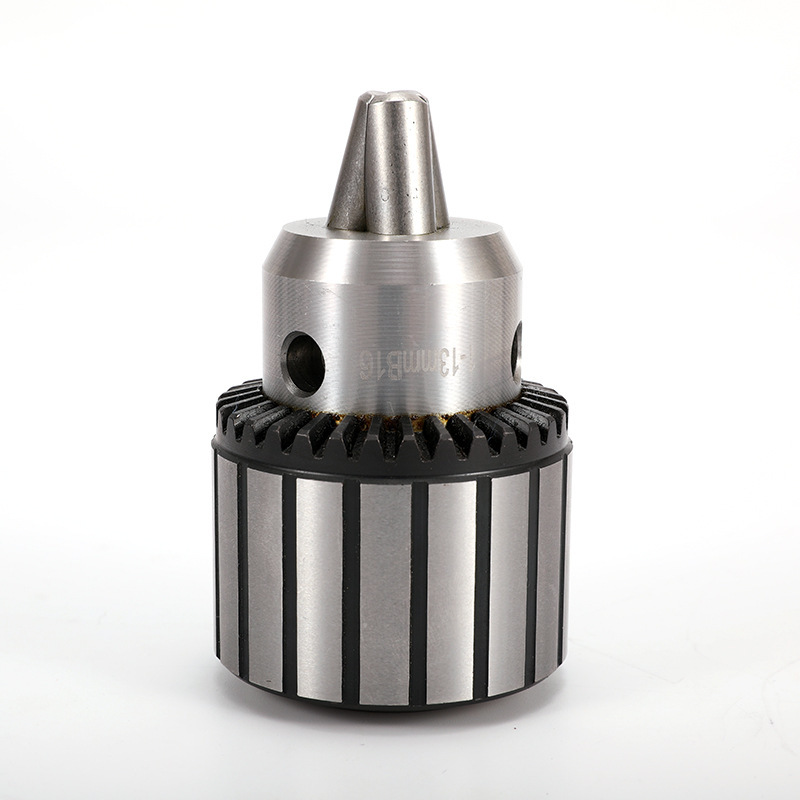 Key Type Drill Chuck With Heavy Duty Type
Key Type Drill Chuck With Heavy Duty Type -
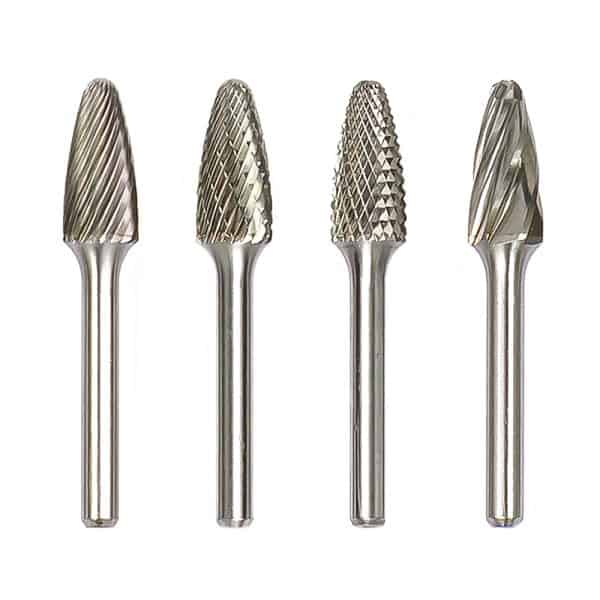 Type F Ball Nose Tree Tungsten Carbide Rotary Burr
Type F Ball Nose Tree Tungsten Carbide Rotary Burr -
 Precision IP67 Digital Caliper With Data Output For Industrial
Precision IP67 Digital Caliper With Data Output For Industrial -
 Dial Bore Guage From 6-450mm Range
Dial Bore Guage From 6-450mm Range -
 Partial profile 55° Threading Insert With ER & IR Type
Partial profile 55° Threading Insert With ER & IR Type -
 Auto Self Reversible Tapping Chuck In Drill Machine
Auto Self Reversible Tapping Chuck In Drill Machine -
 HSS ISO Metric Round Die Wieh Splite Or Adjustable Splite Type
HSS ISO Metric Round Die Wieh Splite Or Adjustable Splite Type -
 Precision Vernier Caliper With Nib Style Jaws Of Metric & Imperial For Industrial
Precision Vernier Caliper With Nib Style Jaws Of Metric & Imperial For Industrial -
 Precision 7pcs Angle Blocks Set With High Quality Type
Precision 7pcs Angle Blocks Set With High Quality Type -
 MT-APU Drill Chuck Holder With Keyless Type
MT-APU Drill Chuck Holder With Keyless Type -
 HSS Inch Convex Milling Cutter For Industrial
HSS Inch Convex Milling Cutter For Industrial -
 Double-beam Digital Gauge With Digital Counter
Double-beam Digital Gauge With Digital Counter


